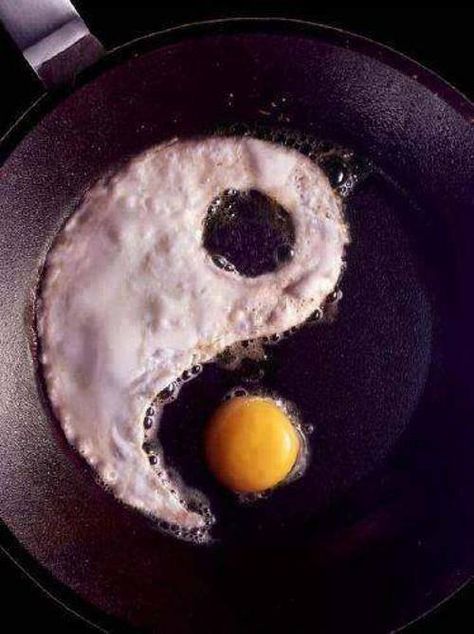This is the best summary I could come up with:
“As the potential investment returns in this area are much more uncertain than during the peak years of property growth, the attractiveness of their products to retail investors will also decrease,” says Choyleva.
All this is little solace to middle-class investors such as Wang, who increasingly feel that the government has broken the social contract that allowed people to get rich so long as they didn’t get involved in politics.
In 2018, China’s regulators introduced a host of reforms to try to get a grip on the shadow banking sector, including banning financial institutions from offering guaranteed returns on investments.
In recent years it has also allowed an increasing number of trust firms to default; in January, Zhongzhi Enterprise Group, a shadow banking institution with up to £50bn in debts, filed for bankruptcy.
“What is happening is kind of in line with what the government has been striving for, for a very long period of time,” says Dinny McMahon, the head of China markets research at Trivium, a consulting firm – to establish the principle that an investor “should go in with their eyes open”.
This reflects a wider shift in China’s economic policymaking, with Beijing increasingly reluctant either to save failing companies or to inject the massive stimulus that economists say is needed to reboot the flagging economy.
The original article contains 1,304 words, the summary contains 219 words. Saved 83%. I’m a bot and I’m open source!
It seems there are a lot of bad stories about the Chinese economy lately. At first they claimed they could isolate the real estate crisis, and shield the rest of the economy, but there are so many stories, also the car industry is in a real bad downturn. Cars and real estate combined is a very strong indicator that consumer confidence right now is about at zero, and they are in a recession.
Evergrande is a staggeringly large company and basically China’s entire real estate market was driven by rabid speculation and borrowing. The government’s attempts to keep the bubble from popping by enforced price controls was an absolutely awful response. Market corrections are always painful but it’s always less disruptive to force prices to remain artificially low (you can do that through subsidization)… when you price fix a product to keep it from dropping sellers will try to offload it asap and everyone just tries to avoid being caught holding the bag whenever you release your mandate.
enforced price controls was an absolutely awful response.
I had no idea they did that. There were warnings for a long time, but I had doubts, because China had freaking 40 years of strong growth. So I guess I kind of believed the Chinese government could perform economic miracles.
There are rumors that this economic crisis has created demands in China to democratize the economy, so I hope it may help create some political progress in China. Xi seriously needs to go, he is a very dangerous person, not unlike Putin IMO.
A lot of the economy is based on “feels”.
The Chinese economy has been growing so well so consistently for so long the Chinese have a lot of faith in it and recessions haven’t happened.
But if that confidence changes bad things could happen. Because of this isolation bubble China is in, its hard to know what’s going on over there. Is there any way to find out how the man in the street on China feels about things? Because if they feel bad, it will be bad. Or is it just looking at the figures?
I think this channel is probably biased, but it’s the best I know of:
https://www.youtube.com/@ChinaObserver0
According to them, it’s very bad.Here is an alternative Piped link(s):
https://www.piped.video/@ChinaObserver0
Piped is a privacy-respecting open-source alternative frontend to YouTube.
I’m open-source; check me out at GitHub.
From my tiny phone… It’s that Gandalf the grey struggling on hard times? Might need to cut the weed budget.
People always fail to understand that high returns always correspond to higher risk. The reason why banks and other traditional financial institutions offer such low rates paid on products like CDs and savings accounts is because those accounts are free of risk (for the consumer). An 8% return is suspiciously high, and any smart investor would assume that such a return can only be achieved by making the product more risky.
This, coupled with China’s general lack of public knowledge about its deposit protection schemes, is a recipe for disaster. I have been inside Chinese banks and have never once seen any indication of coverage by deposit protection schemes, so it’s really hard to know what’s covered and what’s not. Meanwhile, in the United States, banks have plaques and stickers that say “Member FDIC” and “Your savings insured by the US Government for up to $250,000” next to every teller window and on every advertisement.
Investors in one of the country’s ailing financial trusts have realised that the state may no longer always protect them
capitalists shocked to find out they are not top priority in a communist county. Fuck em wish we were more like china.




